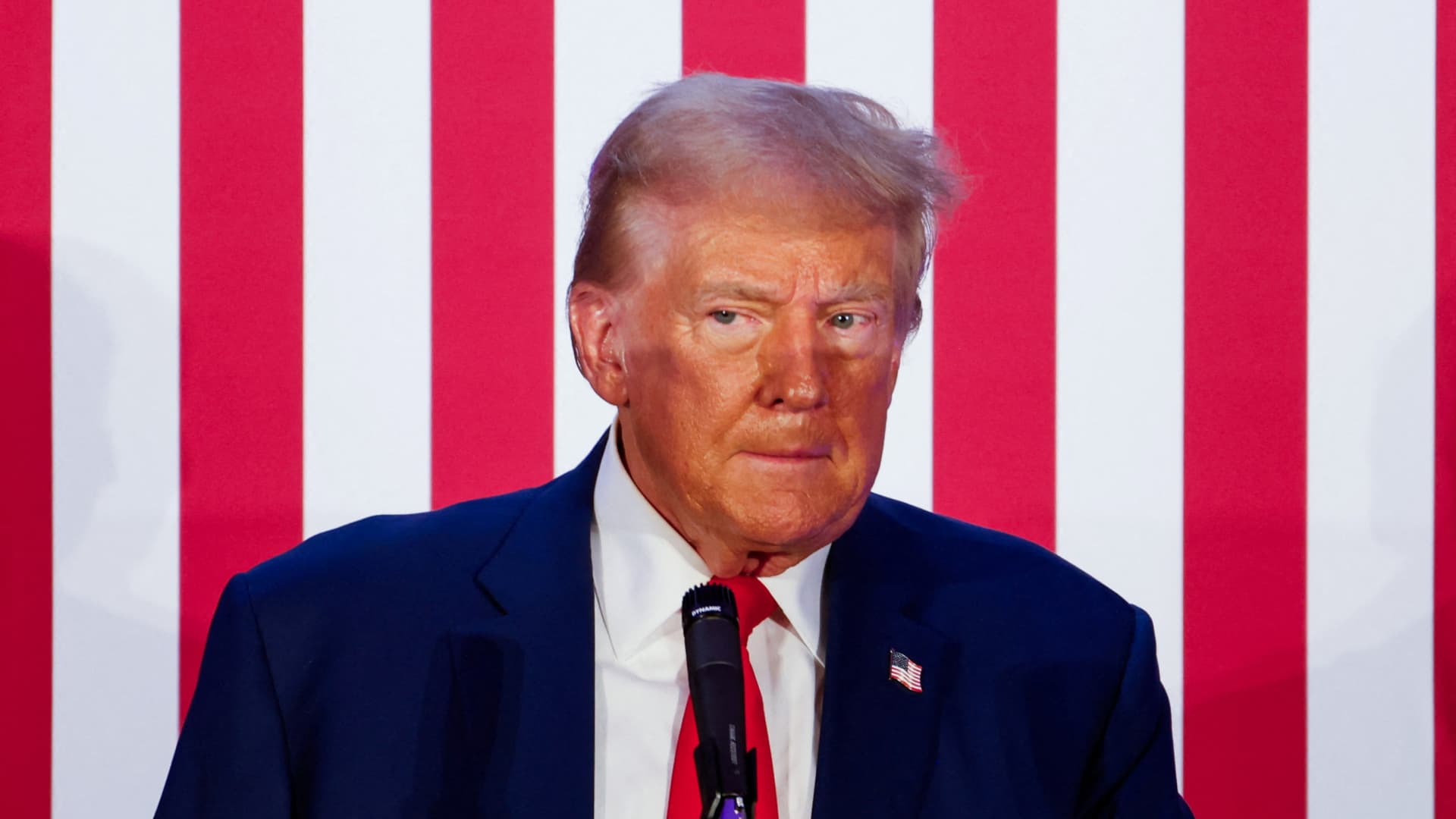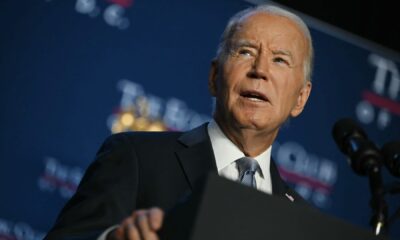Darren Walker, the head of the $16bn Ford Foundation, has been one of the world’s leading philanthropists for more than a decade. He has rubbed elbows with US presidents and Elton John.
He is also a zombie.
In August, Walker failed to win a majority of shareholder support for his re-election at apparel company Ralph Lauren, where he has been a board director for four years. He remains on the board.
This vote tally added Walker to a dubious list of “zombie” board members — ppeople who have failed to win at least 50 per cent support from shareholders and yet remain at their company’s top table. At the end of August, there were 35 zombie board directors at 27 US-based Russell 3000 companies, according to the Council of Institutional Investors, a lobbying group for pension funds.
While that is down from 41 last year and the phenomenon is largely confined to the US, the issue has angered investors who fear a global weakening of shareholder rights.

In the UK, the Financial Conduct Authority this year gave companies new power to adopt dual-class share structures, which give special powers to select shareholders. Also this year, Italy’s rightwing government, eager to boost domestic capital markets, proposed board director voting changes that were attacked by investors.
“My view is that the 50 per cent mark, when it comes to director elections, is not a huge ask,” said Donna Anderson, global head of corporate governance at TRowePrice, which manages $1.6tn. “It should be pretty hard to hold on to your seat if more than 50 per cent of shareholders vote the other way.”
“It just is so fundamental,” she said. “It is the principle of the thing.”
Vanguard, the world’s second-largest money manager, said “zombie directors can be indicators of weak shareholder accountability”.
“We view them as a serious governance concern,” a spokesman said. “If a board chooses to retain a zombie director, we believe it is crucial that they provide clear disclosure to investors regarding the rationale.”
Walker received just 47 per cent support from Ralph Lauren shareholders at the company’s August 1 annual meeting. In a regulatory filing, the company said it believed the low vote was due to its dual-class structure, “and not because of any specific objection to Mr Walker”.
In a statement to the Financial Times, New York-based Ralph Lauren said Walker “has been a valuable and additive member” of the board.
“We remain confident in the value that he brings to the company and we look forward to his continued service on our board,” it said. The Ford Foundation declined to comment.
Other companies with zombie director votes this year include AO Smith, which makes water heaters, Veeva Systems, a cloud-computing company, and the parent company of the Samuel Adams beer brand.
While asset managers’ gripes about governance have been waved off year after year, companies harbouring zombie directors have not so easily dodged pugnacious activist investors.
Elanco, the former animal health unit of Bayer, had two directors who received less than 50 per cent support in 2022 and 2023. This year, activist Ancora attacked the company and demanded board seats, arguing that its board employed “shareholder-unfriendly policies”. In April, Ancora won two board seats at Elanco.
Most big stock markets around the world require a majority of shareholders to back a director in elections, meaning zombies cannot exist. But in the US, state law allows for plurality board elections, which essentially guarantee someone can stay on a board indefinitely unless challenged.
“Because the US has somewhat looser governance rules”, governments in the UK and Italy are considering weakening their corporate governance rules to attract more corporate listings, said Jen Sisson, chief executive of the International Corporate Governance Network, which represents BlackRock, Vanguard and other large asset managers.
“And that’s where investors are advocating so strongly to keep those standards high because we don’t want a race to the bottom of standards,” she said.
“Governance is one of those things that is all very boring until something goes wrong.”



























































































































You must be logged in to post a comment Login